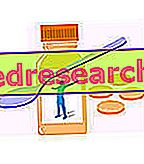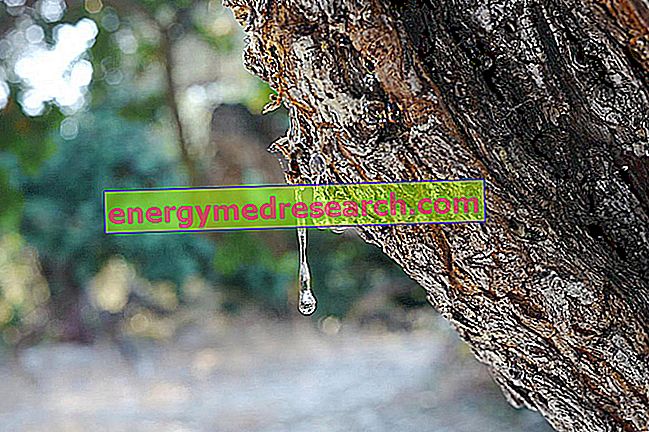By Dr. Annalisa Subacchi
An optimum victory gives a sure victory.
In sports, as in every individual, a correct diet guarantees an adequate caloric intake, which satisfies the metabolic needs of turnover and tissue growth.

Not eating before doing sports is a mistake. The man is in fact comparable to a car that needs gasoline to fuel properly. Who among us would not fill up before leaving on a long journey? In the same way, before starting a sporting competition you have to eat correctly.
On average, an adult man, at rest, needs about 2000 kcal to be able to face life correctly, while a woman needs only about 1500. This value is referred to as basal metabolism, that is the minimum necessary to get up in the morning and stay at rest for the rest of the day.
Of course in sports these numbers increase considerably and vary from sport to sport. Energy supplies vary from a minimum of 1200-2000 kcal more than the basal metabolism (for sports that are not too heavy), to a maximum of 5000-6000 kcal more (for intense sports).
Energy expenditure is specific for each individual, and is calculated based on age, sex, height, body composition and hydration. To this will be added the calories consumed for that specific sport activity and for the duration of the same.
Let's see in detail what an athlete should never miss in their diet.
In adults, the protein requirement (that is, proteins found in foods of animal or vegetable origin) is usually around 259 grams per day, and is linked to the amount of amino acids introduced and the protein catabolism (ie the system of disposal of the same ). For most athletes, protein intake of 1.6 grams per kg of body weight is more than enough to cover the relative nutritional needs. Be careful, however, that higher intakes do not benefit the increase in muscle mass and / or physical performance, on the contrary they could produce side effects such as dehydration, liver and kidney damage. The amino acids introduced are easily absorbed by the intestine. Concentrating in this region, due to an increase in salinity due to their chemical and physical properties, there is a recall of water from the cells, with consequent dehydration and thirst. The same, in turn, cause irritation, diarrhea and cramps.

Carbohydrates are very important, in fact they are the main energy substrate used rapidly by active muscle. They are recommended both in quick sports (eg running), and in activities that last over time (eg cycling).
Another source of energy that should never be lacking in the sportsman's diet is represented by lipids (fats), which combined with carbohydrates provide energy for both short-duration and low-intensity sports and long-term sports.
Taking the right amounts of carbohydrates and lipids is very important. A considerable reduction of carbohydrates in the diet could in fact compromise the physical performance, with a reduction in the reserves necessary to carry out the activity; this would endure the phenomenon of "premature fatigue", which would force the athlete to stop and leave the competition. Also the reduction of lipids compromises the physical performance; the risk is to use other types of energy reserves present in the muscle and in the lean mass, with consequent physical deterioration of the athlete; hormones also decrease and there is talk of a state of malnutrition: the athlete is not able to continue physical performance.
The correct supply of liquids is also very important in the diet. Pre-exercise hydration reduces the risk of dehydration, while during and at the end of the effort it allows a greater restoration of optimal physical conditions. Lost sweat is a liquid consisting of water and minimal amounts of minerals (sodium, chlorine, magnesium and potassium). A sweat production of 4 liters, determines a reduction in body weight of 5.8% and a loss of 5% of sodium, 7% of chlorine and 1% of potassium and magnesium, with alterations of muscle contraction and the appearance of spasms and cramps. Suffice it to say that athletes engaged in training and / or competitions of significant duration and intensity, lose up to 5-6 kg of weight due to water loss. The water taken must facilitate the functionality of the gastrointestinal tract, have purifying properties and be rich in bicarbonate ions to counteract the acidosis produced during exercise.
Even vitamins and minerals are useful nutrients for athletes. Vitamins are introduced with diet food as well as mineral substances.
What should the sportsman eat before the race?

Foods must consist of complex carbohydrates. which are metabolized more slowly and gradually release energy. The best food is pasta, which has a relatively low glycemic index and the starch contained therein is released gradually. If we were to take foods with high glucose content, such as sweets, refined cereals and fruit, before a competition, we would have an increase in insulin secretion, with reduced mobility of fatty acids free from adipose tissue, and consequent obstacle to optimal contraction muscle and cramps.
Once the sporting competition is over, it is very important that the athlete replenish lost liquids, also using saline solutions rich in mineral salts. We must also restore the stocks of muscle and liver glycogen; useful for this purpose a good plate of pasta in white with extra virgin olive oil. Also important is the reduction of acidosis caused by stress, through the consumption of milk-based drinks and / or lean derivatives of the same (eg cheese, yogurt). Absolutely avoid carbonated beverages.
Proper nutrition is essential to improve physical performance. If we do not eat we are missing the "fuel". Sport is a complex activity, made up of sacrifices and successes. The physicist must eat well in order to sustain such an intense competitive competition. There are no magic potions or rituals that increase the competitive performance, as Hippocrates, the philosopher, said: "Let food be your medicine and medicine be your food."
"Man is what he eats."



